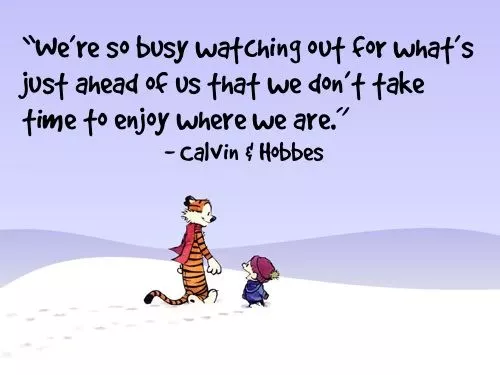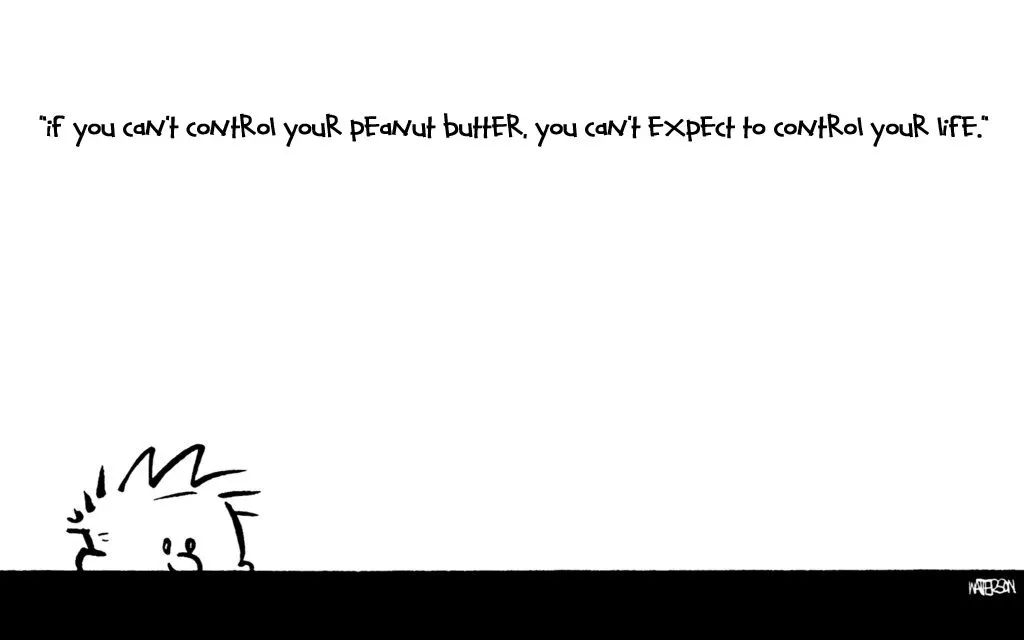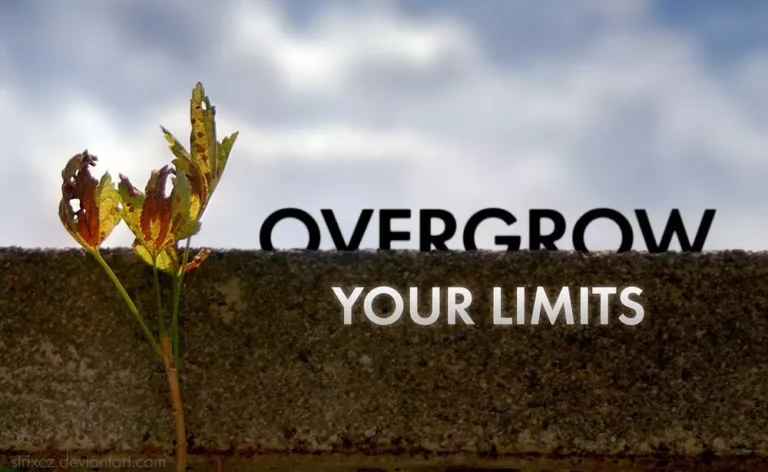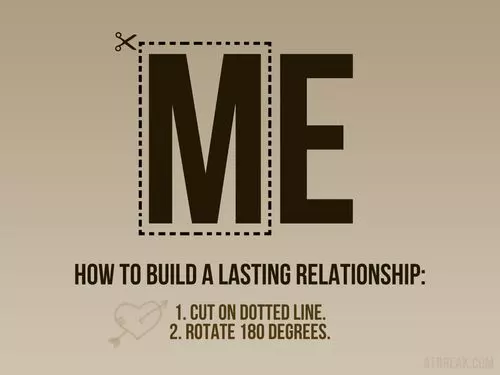“A man who thinks that death is the enemy can never be at ease, at home, that is impossible. How can you be at ease when the enemy is waiting for you any moment?” – Osho
Life is fleeting. And although we don’t come into this world knowing exactly how long we will have here, we do know that our time is limited. Death is assured. There are two ways you can take this.
The first is, you can see death as an enemy to be feared, and what we fear we empower. The consequence of seeing death in this manner is that you live each day in fear that death will come and life has not happened yet.

All these things are supposed to have been done, supposed to have been accomplished, and god forbid death comes knocking before we’ve even got a chance to live our life… the life we think we SHOULD have lived.
The second way we can approach dying and death is to completely surrender to it. When we surrender to something, the conflict ceases to exist. How can death fight us if we have surrendered to it?
In this way, we get to appreciate life for what it is, while it’s happening in the present moment. We realize the mortality of the physical body that not only we inhabit but also that our loved ones inhabit, and in doing so, we start to appreciate our time here on this earth as an amazing experience and our time with our loved ones as something to be appreciated and treasured as they are happening, not just something to wish we would’ve appreciated after they are gone.
Life becomes one spontaneous joyful experience after another, although ultimately, an experience that cannot last forever. The fear of death may seem impossible to overcome because many of us are so attached to who we think we are here in this world, our personalities, our possessions, our families, our jobs… all the things we have “acquired” since we’ve been born.
However when we see life from a more spiritual standpoint instead of the physicality of our body and external reality, we may discover that there is in fact a part of us that not only is not afraid to die, but actually sees death as just another beginning to something bigger and better. How does one get in touch with the part of themselves that is not afraid to die?
“People are not afraid of death, they are afraid of losing their ego. Once you start feeling separate from existence the fear of death arises because then death seems to be dangerous. You will no longer be separate, what will happen to your ego, your personality? And you have cultivated personality with such care, such great effort, you have polished it with your whole life and death will come and destroy it.” ~ Osho
At our purest essence we are a field of pure presence, a part that is and always has been a part of the eternal universe. To this part of ourselves, the one synched up with eternity and infinity, a human life span of about 80-90 years feels like a minute or two.
This part of ourselves is a part of the all that is, it was never born, and it will never die. So if this is who we are in our purest and most simple form, what part of ourselves IS afraid to die?

Only things that “began” can come to an end, only things that are “born” can die. The part of ourselves that was born, was of course our body which includes the brain which houses all the thoughts, ideas, and beliefs of who we THINK we are.
The mind houses all the labels and attributes we attach to ourselves. Since the mind is a part of our physical body, which was born, it also is mortal.
The mind can be very useful and of course we need it to navigate our way through the world, but when we become too attached to the thoughts in our head vs. our eternal self we start to not only believe in, but also fear our own mortality just like the mind does.
The problem with this is we are NOT our mind, we are not our thoughts. We are the eternal presence behind them, the observer of this “movie” we call life, so to speak. With this realization, comes an amazing sense of relief.
“Life is a series of natural and spontaneous changes. Don’t resist them; that only creates sorrow. Let reality be reality, let things flow naturally forward in whatever way they like” ~ Lao Tzu

Maybe all this ‘life and death’ stuff isn’t as serious as we’ve all made it out to be. If we look at it as if we are just here for the ride, an actor in the “play”, so to speak, death doesn’t seem so final.
It becomes just another part of life. We enjoy our family and friends and houses and cars and money while we are here of course, but we also understand that in the end, we do not get to take these things with us.
It doesn’t mean we don’t experience sadness when one of our loved ones leaves this world, but if there’s a part of us that knows that we are eternal, we know this about them as well.
Which means, yes their physical body may not be here, but they are never really gone… their true self, that is. And if we’ve learned anything from the countless accounts of near-death experiences, it’s that death doesn’t really sound that bad.
In fact most people say it was so amazing, that they didn’t want to come back… which is something else we can find peace in. As with any great play, there is a time when the production must come to an end.
If we know this coming into the play, we can focus on making the “play” of our life the amazing, interesting, joyful experience we can and when it’s all said and done, we leave grateful for the experience of it all… but can rest peacefully knowing that nothing left behind was really “ours” to begin with.
Image Source







 separate the sinner from the sin. If you look at the person who harmed you with love, you may or may not find the reason behind their harmful behaviour, but you will be at peace.
separate the sinner from the sin. If you look at the person who harmed you with love, you may or may not find the reason behind their harmful behaviour, but you will be at peace. Life is far too important to be taken seriously. Being serious gets us nowhere but closer to a denial of reality.
Life is far too important to be taken seriously. Being serious gets us nowhere but closer to a denial of reality.







 Are you still caught up in the outdated, parochial paradigm of the system? Do you feel like there is no way out, that you’re caught in the quagmire of wakeup, work, watch TV, and sleep? Well I have news for you, there is a way out. It’s called Art.
Are you still caught up in the outdated, parochial paradigm of the system? Do you feel like there is no way out, that you’re caught in the quagmire of wakeup, work, watch TV, and sleep? Well I have news for you, there is a way out. It’s called Art.










